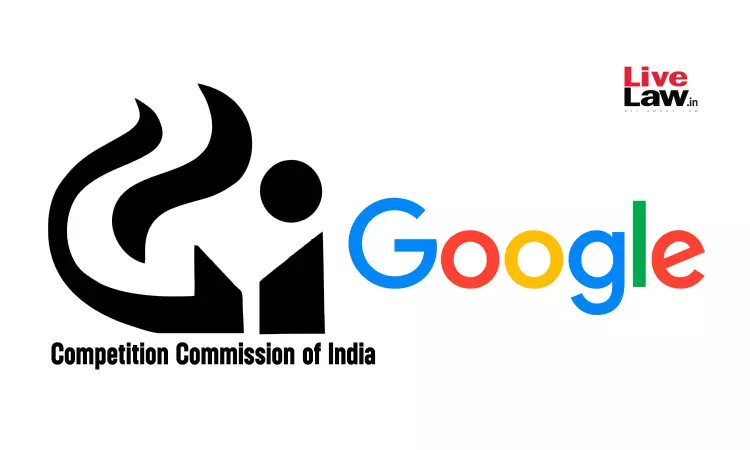CCI Directs Detailed Investigation To Examine Alleged Anti-Competitive Conduct By Google
Ayushi Rani
2 Jan 2025 8:29 PM IST

Next Story
2 Jan 2025 8:29 PM IST
The Competition Commission of India presided by Mr. Ravneet Kaur, Mr. Anil Agrawal, Ms. Shweta Kakkad and Mr. Deepak Anurag held that selective onboarding denies market access to excluded developers, distorts competition and imposes unfair conditions.Brief Facts of the CaseWinzo Games Private Limited, the informant filed a case against Google LLC, Alphabet Inc., and associated others...
